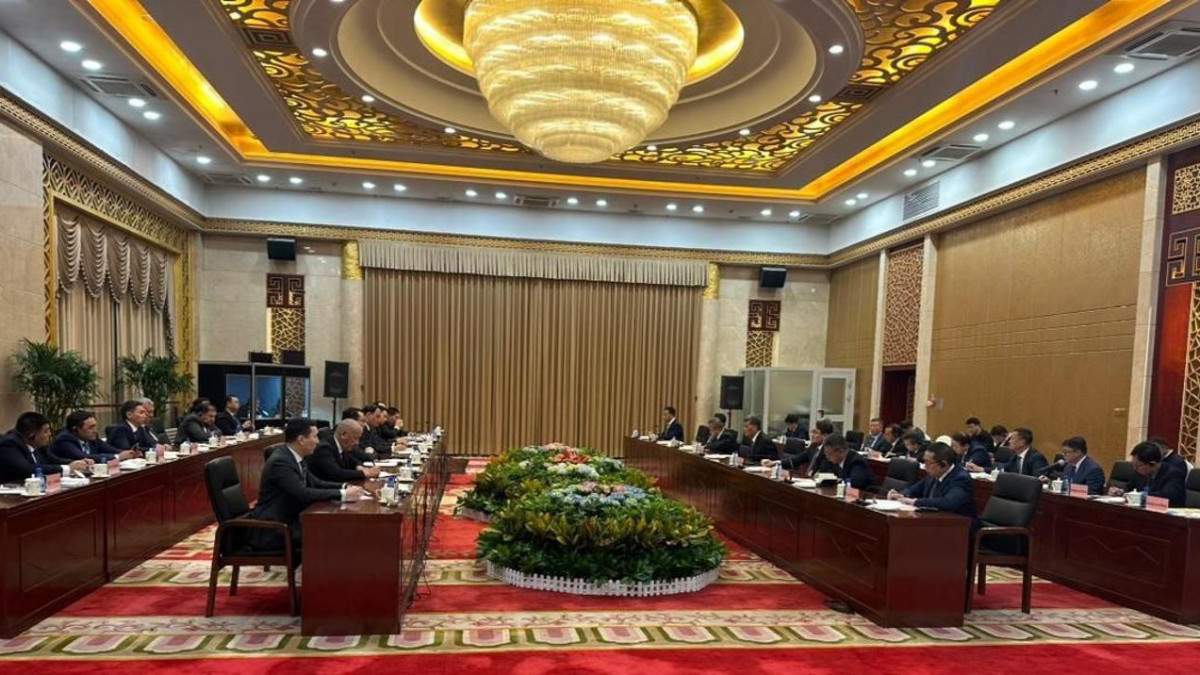
Trade turnover between Kazakhstan and Xinjiang may increase by three times

EL.KZ Информационно-познавательный портал
The trade turnover of agricultural products between Kazakhstan and the Xinjiang Uygur Autonomous Region may reach $1 billion a year, El.kz reports with reference to the press service of the Ministry of Agriculture of the Republic of Kazakhstan.
The corresponding agreement was reached during a meeting between the Minister of Agriculture of the Republic of Kazakhstan Yerbol Karashukeyev and the Secretary of the Party Committee of the CPC of the XUAR of the People's Republic of China Ma Xingrui. It should be noted that these days the head of the Ministry of Agriculture is on a visit to China, where he holds talks with the leadership of sectoral government agencies of China, as well as the business community.
Xinjiang accounts for more than 40% of Kazakhstan's trade with China, at the end of 2022, the figure amounted to $382 million.
Yerbol Karashukeyev noted that our country attaches great importance to expanding bilateral cooperation in the field of agriculture and increasing mutual supplies of agricultural products. Now in China, there is a growing demand for the consumption of organic and environmentally friendly agricultural products.
In particular, Kazakhstan is ready to resume the supply of frozen meat and start exporting chilled meat and fish products, poultry meat and offal, pork, eggs, horse meat and other types of goods.
However, the export potential is prevented due to temporary veterinary restrictions on the Chinese side, the minister stressed. At the same time, Kazakhstan has all the necessary resources to maintain well-being for infectious diseases, which are noted by the expert mission of the World Organization for Animal Health.
In addition, the Chinese market is also of great interest for the export of Kazakh grain. To date, there is a potential to increase the volume of annual supplies to 1 million tons and above, the head of the Ministry of Agriculture added. Legumes, as well as meal and oilseed cake may be added to the list of products supplied to Xinjiang, which in turn will contribute to a significant increase in the volume of trade between our countries, the minister noted.
Following the meeting, the parties agreed to create a Working Group on the development of cooperation in the agro-industrial complex, within the framework of which interaction will be carried out in all priority areas, including the removal of barriers in mutual trade between the countries.

